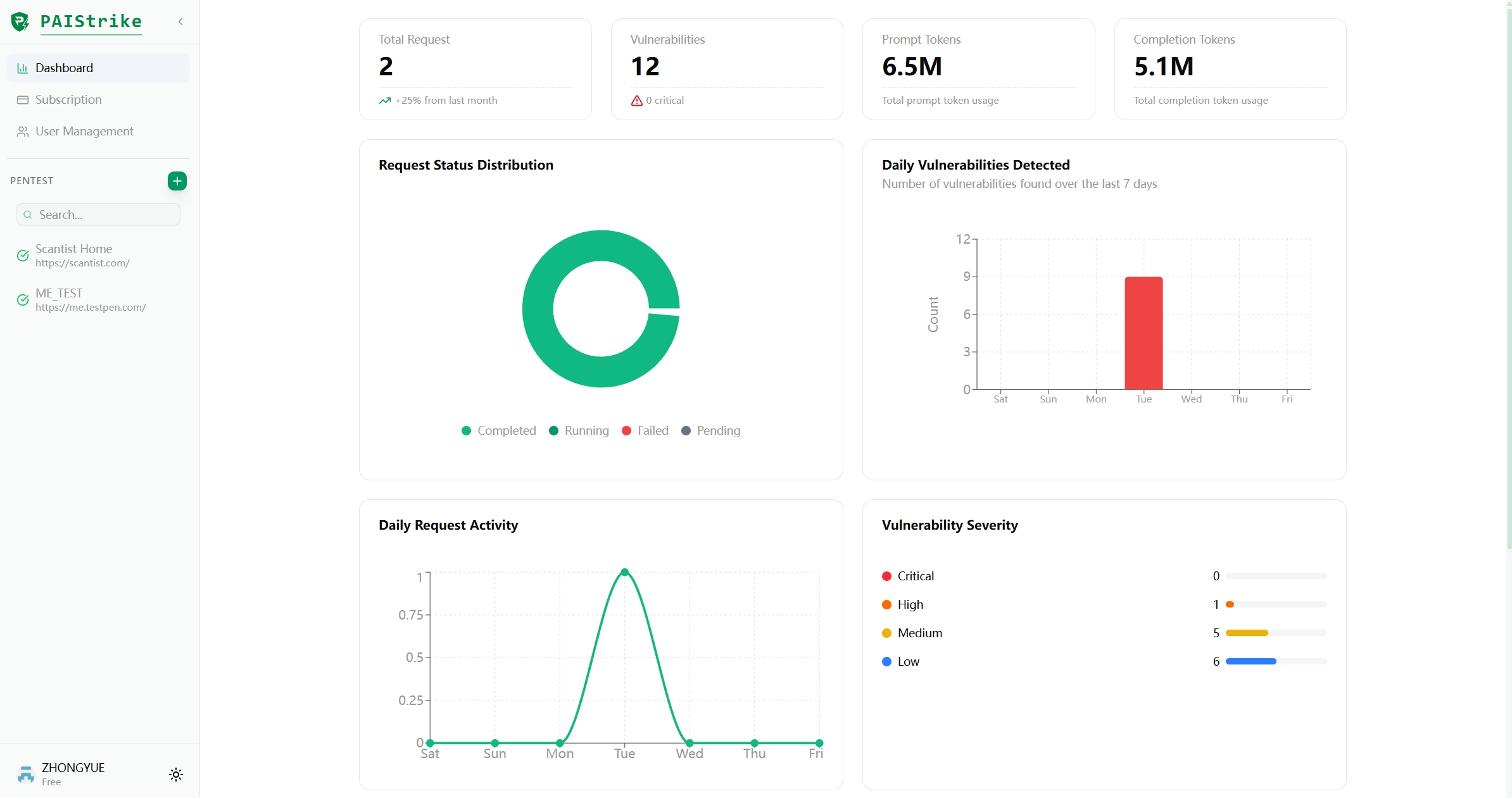A critical software supply chain vulnerability was recently averted when security researcher Adnan Khan uncovered a severe flaw in the GitHub repository Puppet Forge in early July 2024. Dubbed RoguePuppet, this vulnerability would have allowed any GitHub user to push official modules to the repository of Puppet, a widely-used open-source configuration management tool.
The RoguePuppet incident on PuppetLabs' configuration management platform has exposed a critical vulnerability in the software supply chain, one that could have far-reaching consequences for businesses and critical infrastructure globally. This incident serves as a stark reminder that in today's interconnected digital ecosystem, the security of an organization is only as strong as its weakest link—often a seemingly innocuous third-party component.
At its core, the RoguePuppet attack exploited a fundamental flaw in the software development and deployment process. By leveraging a misconfiguration in GitHub Actions, attackers could potentially gain access to PuppetLabs' API key, enabling them to push malicious code to the official Puppet Forge repository. This vulnerability is particularly concerning given Puppet's widespread use in automating infrastructure management across healthcare, financial services, and critical infrastructure sectors.
The implications of this security lapse are profound. In an era where cyber attacks can cripple entire industries and threaten national security, the potential for a compromised infrastructure management tool to serve as a vector for widespread system infiltration cannot be overstated. The economic impact of such an attack could easily run into billions of dollars, not to mention the intangible costs of lost trust and reputational damage.
This incident highlights several critical points that business leaders and policymakers must address:
1. The false economy of neglecting supply chain security: While investing in comprehensive security measures may seem costly, the potential losses from a supply chain attack far outweigh these expenses. Companies must view robust security not as an optional expense, but as an essential insurance policy against existential threats.
2. The need for continuous vigilance: The rapid evolution of cyber threats means that security cannot be a one-time implementation. Continuous monitoring and regular security audits are essential to identify and address vulnerabilities before they can be exploited.
3. The importance of visibility in complex systems: Many organizations lack a clear understanding of their software dependencies. Implementing tools such as Scantist SCA that provide detailed software bills of materials (SBOMs) is crucial for maintaining a secure and transparent software supply chain.
4. The role of industry-wide standards and best practices: The ease with which the RoguePuppet attack could have been executed points to a need for more rigorous industry-wide security standards and best practices, particularly in CI/CD pipelines and API key management.
5. The strategic value of proactive security solutions: Tools like Scantist that offer comprehensive analysis of software components are no longer optional in today's threat landscape. Their ability to detect potential vulnerabilities and malicious behaviors before they can be exploited is invaluable.
As organizations increasingly rely on complex software ecosystems, the attack surface for malicious actors expands exponentially. The RoguePuppet incident demonstrates that even the most seemingly secure systems can harbor critical vulnerabilities. It's a clarion call for a paradigm shift in how we approach software supply chain security.
In this new reality, organizations must adopt a zero-trust approach to their software supply chains. This means rigorously vetting all components, continuously monitoring for anomalies, and maintaining the ability to quickly respond to emerging threats. The alternative—as the RoguePuppet attack so starkly illustrates—is to risk becoming an unwitting accomplice in potentially catastrophic cyber attacks.
The choice is clear: invest in robust software supply chain security now, or pay a far steeper price later. In today's digital age, this is not just a matter of good business practice—it's a matter of survival.




